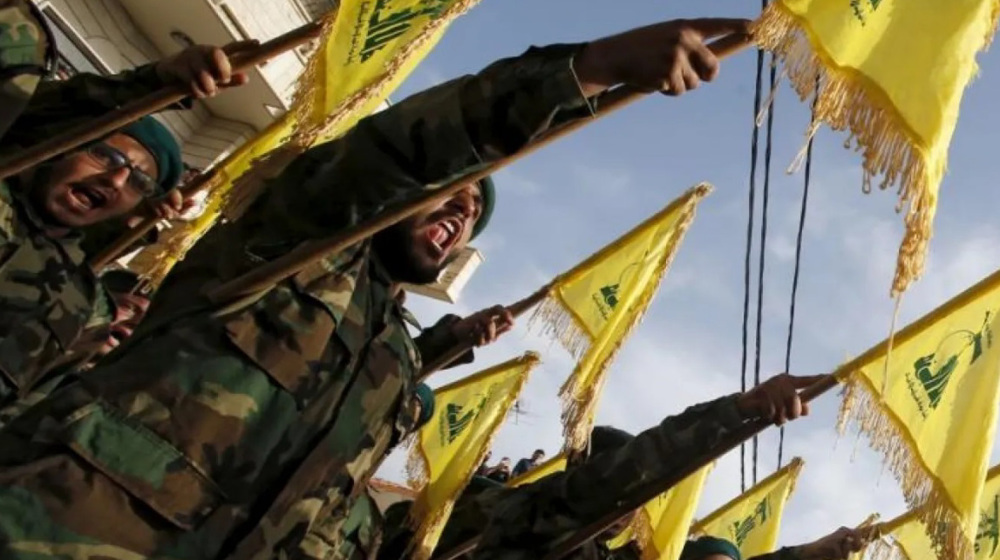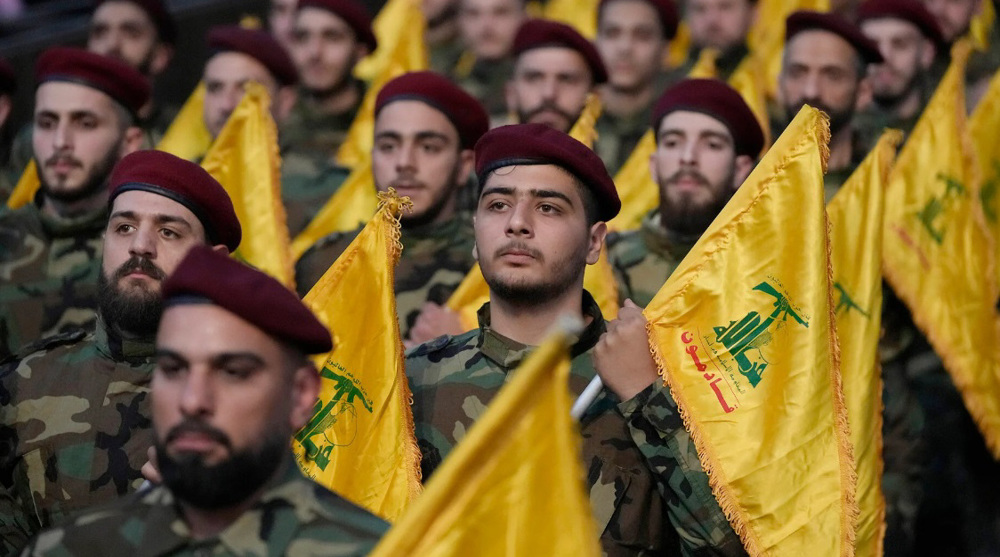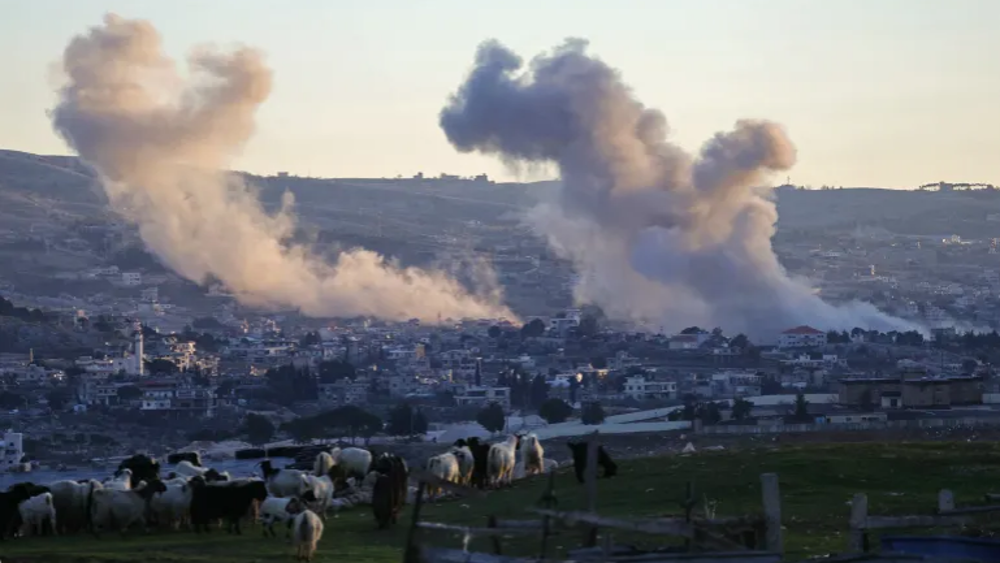US Ambassador Shea bans aid distribution among needy families in north Lebanon: Senior cleric
A prominent Lebanese Muslim cleric has lambasted US Ambassador to Beirut Dorothy Shea over preventing political parties from distributing aid among needy families in the country’s northern district of Tripoli.
“US Ambassador to Lebanon Dorothy Shea has met with a number of political leaders in Tripoli, and told them it is forbidden to offer assistance to any underprivileged member of the community there,” Arabic-language al-Manar television network quoted Secretary General of the Islamic Unification Movement, Sheikh Bilal Shaaban, as saying during the last Friday's sermon.
He condemned the demand as outrageous, saying it is part of the agenda to build up pressure on the Lebanese people.
Sheikh Shaaban then called on all Lebanese politicians to help needy people during the current socio-economic crisis in Lebanon, irrespective of all foreign pressures.
Back on June 28, Lebanese President Michel Aoun denounced the latest comments by the US ambassador to Beirut against Hezbollah resistance movement, stating that Washington is continuously meddling in the internal affairs of the Arab country.
“The Americans are directly interfering in the Lebanese domestic affairs; and this is unacceptable,” Aoun said in an exclusive interview with Beirut-based and Arabic-language al-Mayadeen television news network at the time.
Earlier in the day, Lebanon’s Foreign Minister Nassif Hitti had summoned Shea over her anti-Hezbollah criticism.
Hitti met with Dorothy Shea the following day to inform her that, under the Vienna Convention on Diplomatic Relations of 1961, an ambassador must not interfere in the domestic affairs of another country, and that her speech must not seek to pit Lebanese people against each other.
The Vienna Convention on Diplomatic Relations is an international treaty that defines a framework for diplomatic relations between countries.
Late last month, Shea told Saudi-owned al-Hadath television news network that Washington has “great concerns” over Hezbollah’s role in the Lebanese government.
Hezbollah’s growing popularity in the Arab and Muslim world after the resistance movement shattered the Israeli military’s myth of invincibility during the 33-day military offensive on Lebanon back in the summer of 2006 has been a matter of serious concern for the Tel Aviv regime and its Western allies.
The resistance movement’s heroic defense as well as its vehement opposition to any foreign intervention in Lebanon’s domestic affairs have turned the group into a major stakeholder in the country’s political and military domains.
Bahraini police assaults crowds mourning loss of Ayatollah Khamenei
Iran posed no imminent threat to US: Pentagon tells Congress
Iran will hold no negotiations with US: Larijani
Despite Leader's martyrdom, Islamic Republic firmly in control and punishing the enemy
At least 31 killed in Israeli aggression on southern Lebanon after Hezbollah strikes
Iran writes to UN, warns about dire consequences for perpetrators following Leader's martyrdom
Hezbollah strikes occupied Haifa in retaliation for Leader's assassination
Ansarullah mourns Leader's martyrdom as 'great loss' caused by 'most wretched terrorists'












 This makes it easy to access the Press TV website
This makes it easy to access the Press TV website